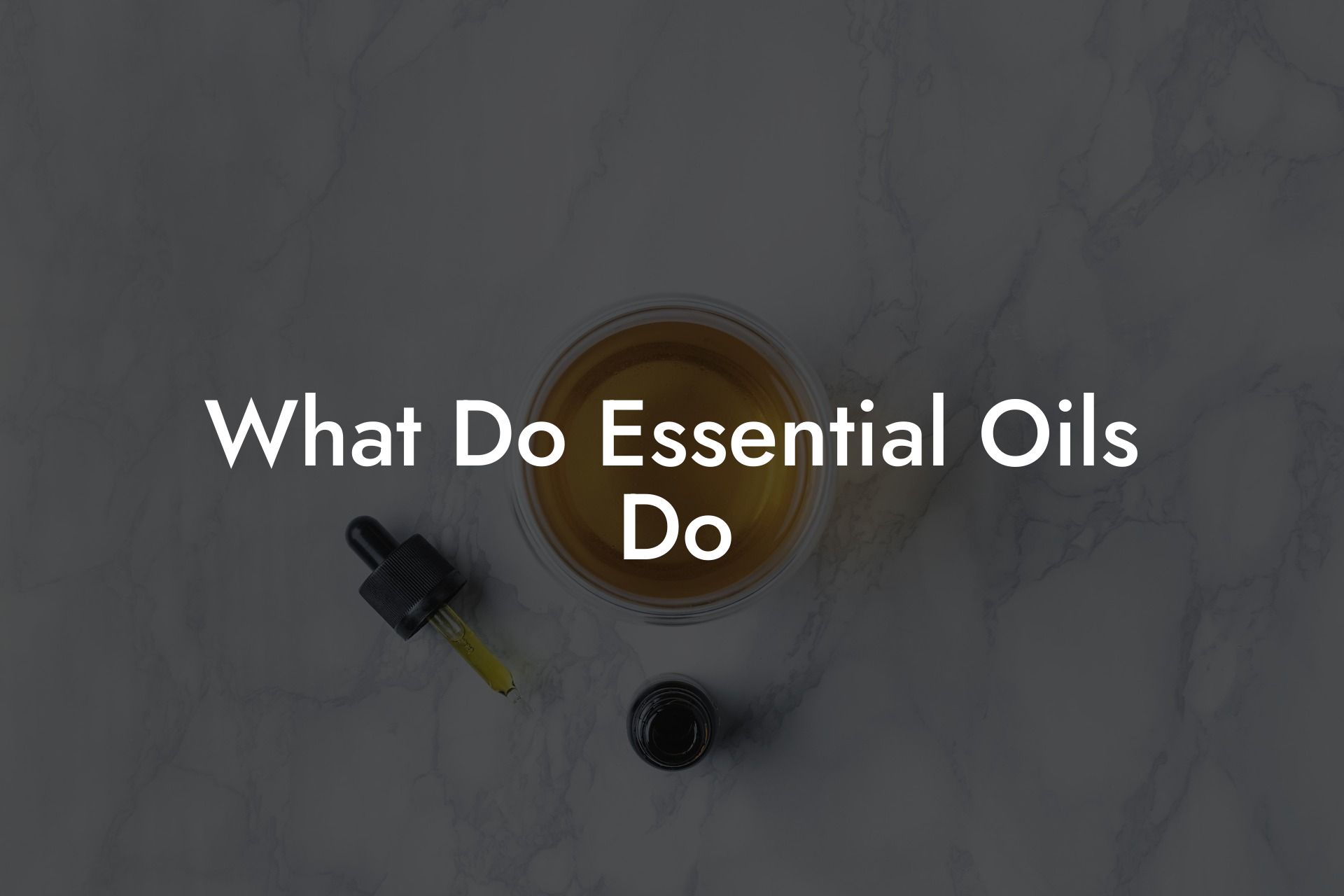If you’ve ever walked into a spa or yoga studio, the chances are high that you’ve experienced the calming and uplifting effects of essential oils. But what exactly do essential oils do, and how can they benefit our modern lifestyles? In this detailed yet concise guide, we’ll explore the world of essential oils and gain an insight into their diverse uses and benefits.
Table of Contents
What are Essential Oils?
Essential oils are concentrated liquids extracted from various plants, including flowers, leaves, seeds, roots, and bark. These oils capture the plant’s unique compounds, known as volatile aromatic compounds, which give each plant its distinctive scent and therapeutic properties. Essential oils have been used for centuries in various cultures for their medicinal and therapeutic benefits, such as promoting relaxation, boosting energy levels, and even treating various ailments.
Essential Oils and Aromacology
Aromacology is the study of how scents and aromas can impact our mood, emotions, and overall well-being. Since the aromatic compounds in essential oils can directly influence our limbic system, which is responsible for controlling emotions and memory, it’s no wonder that essential oils can have such a powerful impact on our mental, emotional, and even physical well-being.
The Various Benefits of Essential Oils
Essential oils offer countless benefits that can enhance various aspects of our modern life. Let’s take a look at some of the most common ones:
Stress Reduction and Relaxation
- Lavender: Known to promote relaxation, help with sleep, and alleviate stress and anxiety.
- Chamomile: Calming and soothing properties, ideal to support relaxation and sleep.
- Bergamot: Citrusy and uplifting, it helps to reduce feelings of stress and anxiety, boost mood, and stimulate a sense of calm.
Energy and Focus
- Rosemary: Supports cognitive function, enhancing memory, and mental clarity.
- Peppermint: Improves energy and alertness, providing a natural pick-me-up when you’re feeling sluggish.
- Lemon: Offers a fresh, invigorating aroma that boosts mood and stimulates mental alertness.
Physical Health
- Eucalyptus: Ideal for respiratory issues, such as congestion and asthma, and has antimicrobial properties.
- Tea Tree: Known for its antiseptic, antimicrobial, and anti-inflammatory properties, making it ideal for treating acne and skin irritations.
- Ginger: Warms the body and can help with digestion, nausea, and reducing inflammation.
What Do Essential Oils Do Example:
Imagine you’re coming home after a long, stressful day at work. Upon entering your home, you diffuse a blend of lavender, bergamot, and chamomile essential oils throughout your living space. As these calming scents begin to fill the air, your body and mind gradually unwind, your racing thoughts begin to slow down, and you finally begin to feel at ease. The powerful scent combination makes it easier to let go of the stress from the day and relax into a peaceful and serene evening, preparing you for a good night’s sleep.
By now, you should have a better understanding of what essential oils do and how they can support your overall well-being. The diverse benefits that these earthy, fragrant oils provide make them a crucial addition in your journey towards balance and health. We hope this guide has inspired you to dive deeper into the therapeutic world of essential oils and that you’ll continue to explore other guides here on Oshu Oils.
Don’t forget to experience the holistic benefits of essential oils first-hand by exploring Oshu Oils’ artisan-crafted range of essential oils, created with you and your modern lifestyle in mind. If you enjoyed this article, please consider sharing it with your friends and family who might benefit from learning more about essential oils and their incredible uses.





















